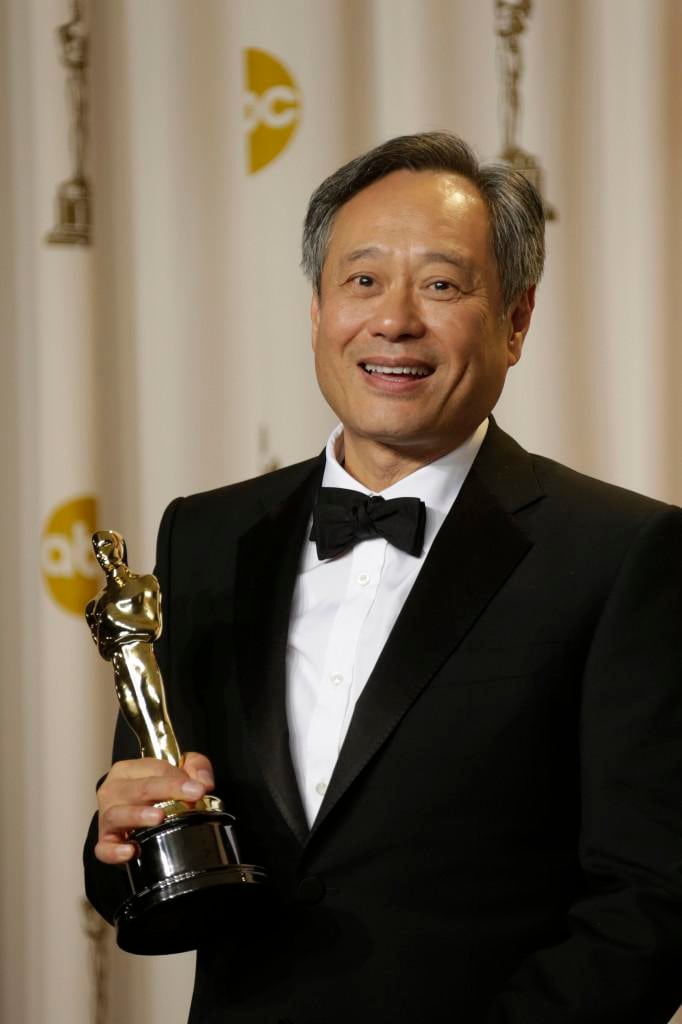“Gravity” made its wide release debut the first weekend of October amid fervent buzz from the international film festival circuit. The film did not disappoint, as it garnered widespread critical acclaim and record-breaking box office results. Along with its mind-boggling cinematography and visual effects, as well as its bar-raising technological advances, it has another noteworthy aspect: foreign director Alfonso Cuaron.
Employing foreign directors isn’t a new thing in Hollywood, but it’s only been in the last decade or so that big studios have started to give the reigns of big-budget films to filmmakers of non-Anglophone origin.
Cuaron, who hails from Mexico City, is among a growing group of foreigners, both in front of and behind the camera, who are making their way through the traditionally rigid system of the American film industry. Last year, “Life of Pi,” directed by Ang Lee of Taiwanese origin, made nearly five times its $120 million budget, was nominated for 11 Academy Awards (four of which it won) and three Golden Globe Awards (winning one). This summer, in a more typical blockbuster fashion, “Pacific Rim” was helmed by Mexican director Guillermo Del Toro, making more than $400 million worldwide. In front of the camera we have witnessed the critical and popular rise of Germans Christoph Waltz (“Django Unchained,” “Inglourious Basterds”) and Michael Fassbender (“X-Men: First Class,” “Prometheus”), Spaniards Javier Bardem (“No Country for Old Men,” “Skyfall”) and Penelope Cruz (“Nine”), Marion Cotillard (“Midnight in Paris,” “Dark Knight Rises”) and Eva Green (“Casino Royale”) from France and Mads Mikkelsen (“Casino Royale,” “Hannibal”) of Denmark, among others.
Although this influx of great foreign talent is exciting, Hollywood still proves to be its own worst enemy by being conservative regarding diversification. In terms of actors and actresses, most of the foreign talent tends to be European and male. Suraj Sharma (leading actor of “Life of Pi”), Ken Watanabe (“Letters from Iwo Jima,” “The Last Samurai,” “Inception”), Freida Pinto (“Slumdog Millionaire,” “Rise of the Planet of the Apes”), Djimon Hounsou (“Blood Diamond”) and Tao Okamoto (“The Wolverine”) are some of the few actors and actresses of non-Anglophone origin that have had any prominent roles in major films in recent memory. If we make an extended exception, non-white British actors Idris Elba (“Pacific Rim,” “Prometheus,” HBO’s “The Wire”) and Dev Patel (“Slumdog Millionaire”) are some of the only ones that come to mind.
Behind the camera, there’s been more luck for diversity, but many of them, who are considered visionaries in their own countries, find restricting studio control and smaller paychecks, eventually often leading to less than stellar results. Despite having had worldwide success, including in the United States, “Crouching Tiger, Hidden Dragon” did not lead Lee into great success, as his rendition of “Hulk” flopped critically and financially. Hong Kong director John Woo also had mixed experiences, being the man behind almost having killed the “Mission: Impossible” franchise with its first sequel. Frenchman Pitof made one of the worst superhero films ever: “Catwoman.” More recently, Chan-wook Park of “Oldboy” fame was reportedly rushed beyond his usual pace when filming “Stoker” and worked with a script largely regarded as inferior to the visual direction by critics, resulting in a generally positive but disappointed critical reception. Respected South Korean director Kim Jee-Woon also produced dissatisfying results with Arnold Schwarzenegger’s return film “The Last Stand.”
As excruciatingly slow as it may be, Hollywood is facing the inevitable fact that its audience simply isn’t just America anymore, and it’s also not the only one in the worldwide film industry. Tinseltown is in a special position where it can reap the benefits of having budgets and resources that foreign film industries just can’t match, and it can reach out to a globalizing audience by finding world-class talent and offering them the trust to make something beautiful and successful at the same time. Get on it, Hollywood.
— Louis Oh

